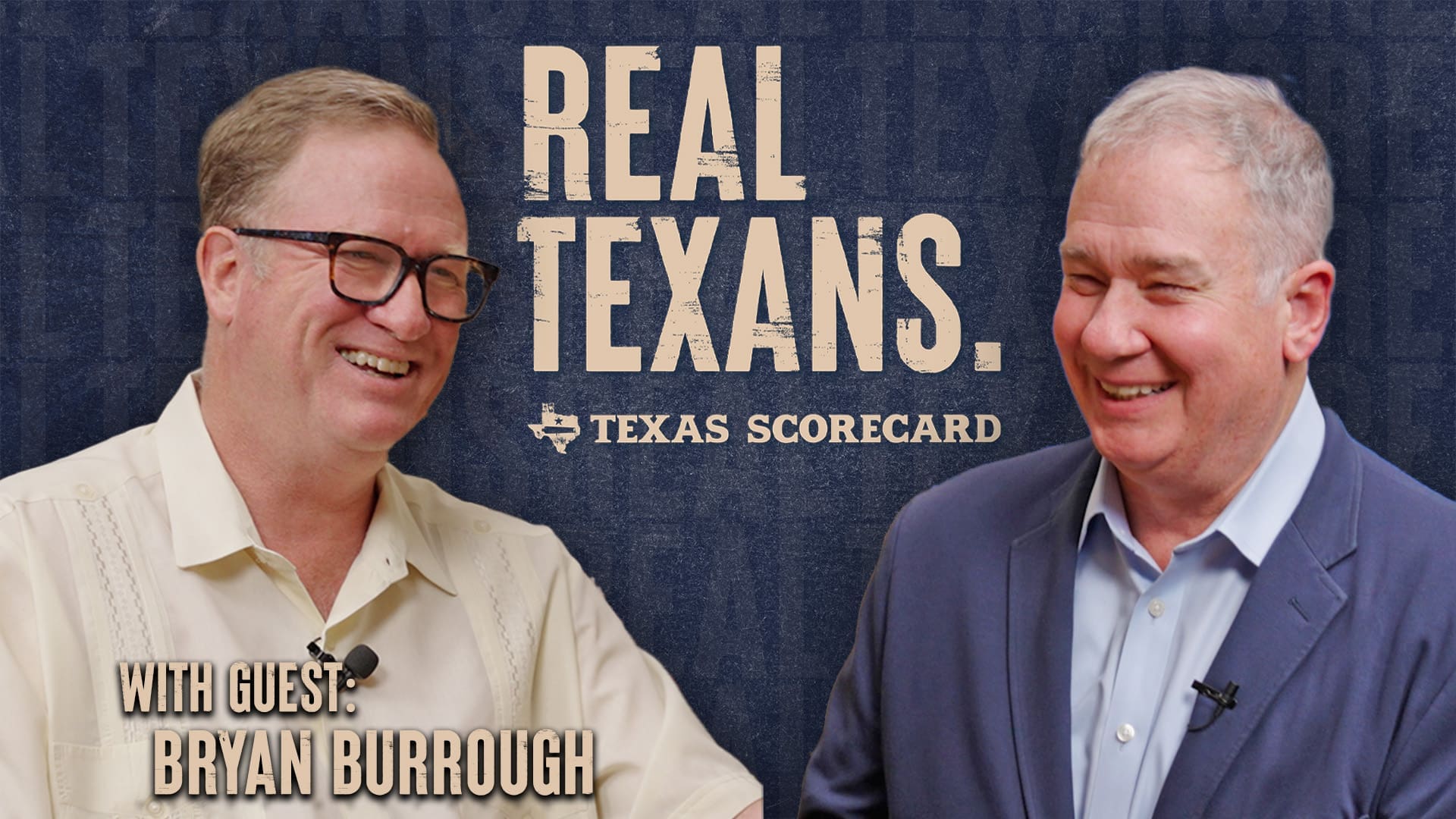Ambiguity in the Texas Election Code currently allows local governments to cleverly disguise political advertising inside “informational campaigns.” The net effect is that public officials skirt the law using hundreds of thousands of dollars in taxpayer funds swaying voters in support of their local tax increases and bond packages.
School districts argue that Sec. 255.003 of the election code gives them free reign. It states communication that “factually describes the purpose of the measure” is not considered political advertising.
But the definition is conditional, as it also prohibits officers and employees from using “communication describing the measure” if it’s “sufficiently substantial and important as to be reasonably likely to influence a voter to vote for or against a measure.” The difficulty for citizens is in proving that districts have violated this ridiculously high standard, and are indeed using said information with the intent of persuading voters.
For example, Plano ISD publicly threatened to fire hundreds of teachers if their tax increase (i.e. TRE) didn’t pass. They even published an “informational” doom-and-gloom YouTube video to warn voters. They argue they didn’t violate the law because the didn’t explicitly say “vote YES” for the TRE, although the effect was the same.
Unfortunately, a “lack of money” isn’t a problem in PISD. Despite marginal “cuts” to their total budget in years past, their per pupil funding for operations quickly returned to an all-time high with increased state appropriations. In fact, it nearly returned to this level before the 2013 tax increase (TRE) was proposed.
In Keller ISD, districts warned that program services would be cut if the bond didn’t pass. But critics weren’t opposing all new debt, just questioning the merits of portions of the package and the typical lack of full ballot disclosure. Unfortunately for voters, needs were held hostage to wants in an ominous, all-or-nothing-ballot proposal.
KISD also told voters that passing the bond wouldn’t increase property taxes, although it would keep their tax bills higher than if it failed.
The undeniable proof that districts engage in political advertising with intent to persuade voters was obtained in an Open Records Request. It revealed KISD hired the political affairs and marketing firm Baselice, Inc. to conduct a scientific poll to determine what “informational statements” the district could use to “persuade” voters to support the bond. It was also used to profile voters likely to support the bond, or what campaign consultants call “voter targeting.” Districts across Texas have also hired Baslice, such as Aledo ISD, after their previous bond failed to pass.
Even worse, KISD paid Baselice $25,000 without a contract for services. Baselice invoiced the district and was paid without signing a written contract. It raises the question, what other invoices are being paid to “consultants” and “contractors” without a written contract?
Absent of obtaining the poll itself, it would be nearly impossible to prove that KISD campaigned to influence voters. But that’s precisely what Baselice was hired to do as is stated on their website—target and market to voters who will vote “YES.”
Legislators sincere about preventing taxpayer funded political advertising should strengthen the law to prevent local governments from hiring outside firms that help disguise political advertising campaigns. They should also provide severe penalties for violating the law, and create a mechanism for citizens to file complaints so they can hold officials accountable without filing expensive lawsuits.
Otherwise, Texans will continue to be subjected to unenforceable laws and one-sided government propaganda specifically designed to unfairly sway voters.




